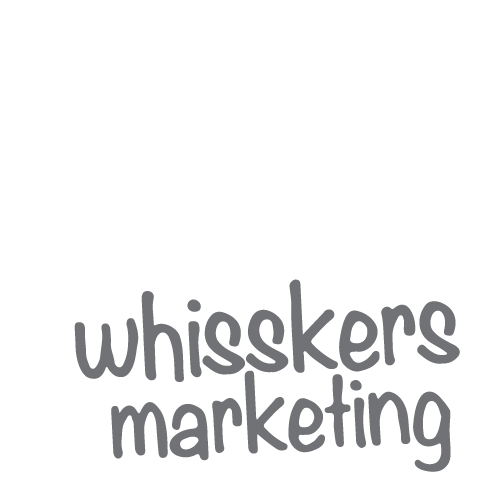What is Email Marketing Automation?
Email marketing automation services can help companies streamline their email marketing process, improve engagement with subscribers, increase revenue, enhance the customer experience, and analyze results for better performance.
Significant features of email marketing automation are:
- Automated campaigns
- Segmentation based on subscriber behaviour, demographics, interests
- Workflow creation and sending follow-up emails and triggering actions based on subscriber behaviour
- A/B Testing
- Analytics and Reporting
OUR SUCCESS STORIES
Types of Email Marketing Automation
Welcome Emails
Welcome emails are automated emails sent to new subscribers when they first sign up. They typically include a welcome message, brand information, and a call to action to encourage subscribers to engage further.
Abandoned Cart Emails
Abandoned cart emails are sent to customers who added items to their shopping cart but still need to complete their purchase. These emails include a reminder of the items left in the cart and a call-to-action to complete the purchase.
Follow-Up Emails
Follow-up emails are sent after a customer takes some action, such as making a purchase or downloading a free resource. These emails can include related content, upsell or cross-sell opportunities, or simply a thank you message.
Re-Engagement Emails
Re-engagement emails are sent to subscribers who have not engaged with the business or brand in a while. These emails typically include an incentive or reminder to encourage subscribers to re-engage with the business.
Drip Campaigns
Drip campaigns consist of a series of automated emails sent to subscribers over a specific period to nurture leads, educate subscribers, or promote a specific product or service.
Triggered Emails
Automated triggered emails are sent based on a specific trigger, such as a subscriber's birthday, anniversary, or recent activity on the website.
Whisskers Email Marketing Automation Process
check on total CTR, web visits, e-commerce conversion, leads, sales, and revenue generation.
- Define Objectives
- Define Target Audience
- Create Content
- Set Up Automation
- Test and Optimize
- Launch Campaign
Our team first defines the objectives of the campaign. This could include increasing sales, improving engagement, or building brand awareness.
Our team then defines the target audience for the campaign. This involves identifying the ideal customer's characteristics and segmenting the email list accordingly.
Once the objectives and target audience have been defined, the next step is creating the email content. This could include designing email templates, writing copy, and creating graphics or images.
After the content has been created, the next step is to set up the automation for the email campaign. This could involve setting up triggers, workflows, and rules to automate the sending of emails.
In this step, our email automation team tests and optimizes the campaign. This involves running A/B tests to determine which content and design elements perform best and using data analysis to optimize the campaign for better results.
The final step is to launch the campaign after it has been tested and optimized. This involves sending emails to the target audience and monitoring performance metrics to determine the campaign's success.




